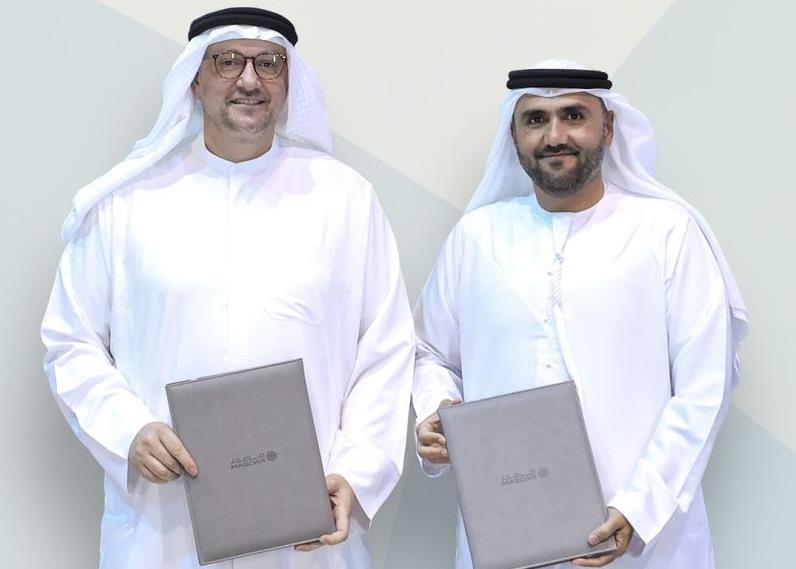
Iraq’s only deep-sea port is in desperate need of redevelopment, but the work is being held up while the government considers rival proposals
When government security forces seized control of Umm Qasr Port from Sadrist militias in March 2008, it was supposed to herald a new era for Iraq’s marine gateway. More than 18 months later, however, progress on improving the country’s ports and shipping infrastructure remains slow.
As the country’s sole deep-sea port, Umm Qasr is a vital national asset, crucial to the country’s post-war reconstruction. Yet its contribution to the Iraqi economy remains underwhelming. As with so much in Iraq, a shortage of money, combined with political and bureaucratic inertia, is holding back redevelopment.
Much work still needs to be carried out at the site. The shipping channel is littered with wrecks and prone to silting up. But there is plenty of interest in carrying out the work, and unsolicited offers to redevelop the site have been pouring in from foreign groups since the US-led invasion of 2003.
But Transport Minister Amer Abduljabbar has taken a cautious approach to the redevelopment of the site since he took over the portfolio in August 2008. His first act in office was to suspend all major transport infrastructure projects, including a planned $1bn privatisation of Umm Qasr Port.
Limited offers
Abduljabbar, a marine engineer with little experience of port management, has baulked at being seen to pass a major national asset to foreign control. Privatisation has been abandoned in favour of leasing individual berths to international groups on three-year contracts.
Of the two berths that have been offered, one has been taken by French shipping group CMA-CGM and the second by Jordan’s GLFS. But the restricted scope of the deals on offer means foreign interest in the port has cooled and investment and development has been limited.
“The terms offered are not very satisfactory for a company entering the Iraqi market,” says one US source in Baghdad close to the Transport Ministry. “Three years is not a lot of time to build a substantial business. There is no incentive to invest in new facilities at the berth because three years is too brief a period in which to get money out again.”
Abduljabbar has also abandoned the appointment of US consultant Cornell Group to advise on the redevelopment of the site. Cornell had agreed terms with Baghdad in December 2008, but the contract went unsigned for several months and was finally rejected in the summer.
“The minister did not want a consultant,” says the US source. “That appointment is on hold indefinitely, as is the commercialisation or privatisation of the port.
“The short-term deals are all that is on offer now and progress there is very slow. There is talk of leasing two more berths, but no sign of when this might happen.”
Instead of redeveloping Umm Qasr, the government’s interest appears to have drifted elsewhere, with the ministry considering two rival proposals to develop a new port on the Al-Faw peninsula. If either went ahead, it would almost certainly supersede Umm Qasr.
Baghdad has been leaning towards the cheaper of the two proposals, a conversion of the existing port at Al-Faw. Italian consultant Consorzio Italiano Infrastrutture e Trasporti per l’Iraq (CIITI) has drawn up a feasibility study for this, under which 15 new commercial berths will be developed at Al-Faw over two years. The first phase of this would cost E2.8bn ($4.1bn), with subsequent phases allowing expansion.
The more ambitious plan is to develop an entirely new port at Ras al-Bisha, at an estimated cost of $12bn. This proposal is being put forward by Sheikh Josef Hanna, an Iraqi entrepreneur based in Abu Dhabi, whose team includes UK consultant Halcrow.
“Nothing is going to move forward on this until after the election [in January]”
Official within Ras al-Bisha consortium
The team claims to have the necessary financing in place for the plan, which provides for a wider development including a free zone, an industrial park and export facilities for oil and gas. Close to the port, the design envisages a new city with housing for 500,000 people.
But even as the debate over the relative merits of the rival ports has been going on, the Iraqi Oil Ministry has thrown the plans into turmoil with its own proposal for a new deep-water oil export facility off the coast. This plan is favoured by Oil Minister Hussein al-Shahristani. If it goes ahead, all of Iraq’s marine oil exports would eventually be pumped through the terminal.
The two Al-Faw port consortiums say it will be impossible to get international funding for either of their designs if no oil exports will go through their sites.
There is unlikely to be a final decision on any of these port plans until after the parliamentary elections, which are planned for January. “Nothing is going to move forward on this until after the election,” says one official within the Ras al-Bisha consortium. “We will let the dust settle after the election and see who we are dealing with.”
Even so, it will be many years before Iraq has the port facilities it needs. For now, Umm Qasr Port remains the country’s only viable marine gateway, whatever its inadequacies.
You might also like...

Neom seeks to raise funds in $1.3bn sukuk sale
19 April 2024

Saudi firm advances Neutral Zone real estate plans
19 April 2024

Algeria signs oil deal with Swedish company
19 April 2024

Masdar and Etihad plan pumped hydro project
19 April 2024
A MEED Subscription...
Subscribe or upgrade your current MEED.com package to support your strategic planning with the MENA region’s best source of business information. Proceed to our online shop below to find out more about the features in each package.








